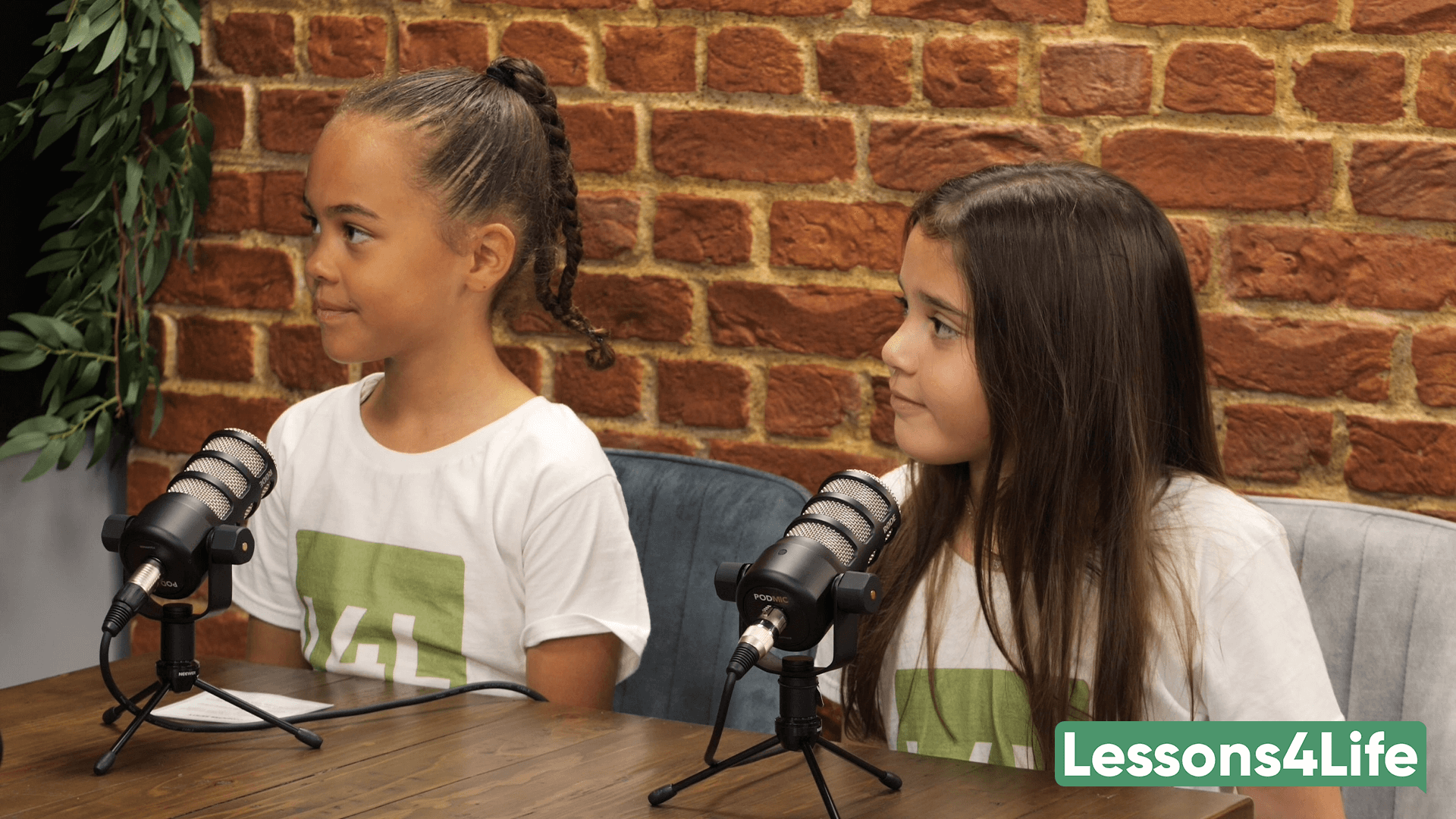The early years of a child’s life are a critical period for personal, social, and emotional development. During this time, children undergo rapid growth and changes that lay the foundation for lifelong learning, well-being, and success. Supporting children’s development in these areas from the early years is essential as it shapes their future relationships, self-esteem, and emotional health.
This article explores the importance of personal, social, and emotional development in early childhood and highlights how schools can help close developmental gaps and the importance of government support.
Personal Development
Personal development in early childhood involves the growth of self-awareness, self-regulation, and independence. It is the process by which children develop their own identities and understand their abilities and preferences.
Importance:
- Personal development helps children build confidence and self-esteem.
- It fosters independence and the ability to make choices and solve problems.
Support Strategies:
- Encourage children to try new activities and explore their interests.
- Provide opportunities for children to make decisions and take responsibility for their actions.
Social Development
Social development is the process by which children learn to interact with others and develop relationships. This includes learning to share, take turns, and understand social cues.
Importance:
- Healthy social development leads to better relationships and social skills.
- It helps children build empathy, cooperation, and conflict resolution skills.
Support Strategies:
- Provide opportunities for children to play and interact with peers.
- Model and teach positive social behaviours and communication skills
Emotional Development
Emotional development involves understanding and managing emotions, developing self-esteem, and building resilience. Early emotional experiences shape children’s future emotional well-being.
Importance:
- Emotional development is linked to mental health and well-being.
- It helps children develop a positive self-image and the ability to cope with challenges.
Support Strategies:
- Create a nurturing and supportive environment where children feel safe to express their emotions.
- Teach children to identify and manage their emotions through activities like role-playing and mindfulness exercises.
The Impact of Inadequate Nurturing at Home
When children are not nurtured at home, it can have significant adverse effects on their overall development. Lack of nurturing can stem from various factors, including neglect, parental stress, mental health issues, and socio-economic challenges.
Consequences:
Personal Development: Children may struggle with self-esteem and confidence, leading to a lack of independence and difficulty making decisions.
Social Development: Children may find it challenging to form relationships, have poor social skills, and exhibit behavioural problems.
Emotional Development: A lack of emotional support can lead to issues such as low self-esteem, anxiety, depression, and difficulty managing emotions.
The Role of Schools in Closing Developmental Gaps
Schools play a pivotal role in supporting children who may not receive adequate nurturing at home. They can implement strategies and programmes that promote personal, social, and emotional development.
Strategies for Schools:
Create a Supportive Environment: Schools should foster an inclusive and nurturing atmosphere where every child feels safe and valued.
Implement Social and Emotional Learning (SEL) Programmes: These programmes teach children essential skills for managing emotions, setting goals, establishing relationships, and making responsible decisions.
Provide Access to Counselling and Mental Health Services: Schools can offer on-site counselling and support services to help children cope with emotional and social challenges.
Engage Families: Schools should work to build strong partnerships with families, providing them with resources and support to help their children at home.
Professional Development for Educators: Training teachers and staff in recognising and addressing the social and emotional needs of children can create a more responsive and supportive educational environment.
Examples of School Initiatives:
Buddy Systems: Pairing older pupils with younger ones to provide mentorship and support.
Extracurricular Activities: Offering clubs and activities that foster social interaction and personal interests.
Mindfulness and Well-being Practices: Incorporating mindfulness exercises and well-being practices into the daily routine to help children manage stress and emotions.
The Role of Government in Supporting Early Years Settings
The government plays a crucial role in ensuring that early years settings have the resources and support they need to foster children’s development effectively. Adequate funding is essential to provide training for staff and resources to engage children and improve outcomes.
Why More Government Funding?
Training for Educators: High-quality training enables staff to understand and support the personal, social, and emotional needs of children effectively. Ongoing professional development ensures that educators stay current with best practices and new research.
Resources to Engage Children: Funding can provide access to a variety of educational materials, play equipment, and technology that enrich the learning environment and engage children in meaningful ways.
Improving Outcomes: With adequate resources, early years settings can implement comprehensive programmes that support all areas of development, leading to better long-term outcomes for children.
Government Initiatives:
Increased Funding: Allocating more funds to early years education to ensure settings have the financial means to provide high-quality care and education.
Policy Support: Developing policies that prioritise early childhood development and provide clear guidelines and standards for early years settings.
Community Programmes: Supporting community-based programmes that offer additional resources and services to families, such as parenting classes, health services, and early intervention programmes.
Role of Parents, Educators, and Communities
Supporting children’s personal, social, and emotional development requires a collaborative effort from parents, carers, educators, communities, and the government. Each plays a vital role in creating an environment conducive to growth and learning.
Parents/carers: Work with education settings and be actively involved in your child’s life and provide consistent support and encouragement. Create a home environment that fosters learning and development through play and exploration.
Educators: Design curriculum and activities that address all areas of development. Build strong, positive relationships with children to support their emotional and social growth.
Communities: Offer programmes and resources that support early childhood development, such as libraries, parks, and community centres. Advocate for policies and initiatives that promote high-quality early childhood education and care.
Conclusion
Supporting children’s personal, social, and emotional development from the early years is essential for their overall growth and future success. By focusing on these key areas and by working together, we can provide children with the best possible start in life. Schools play a crucial role in closing developmental gaps, and government support is vital to ensure early years settings have the resources they need. Investing in early childhood development is not just beneficial for the individual child, but for society, as it leads to healthier, more capable, and resilient future generations.


